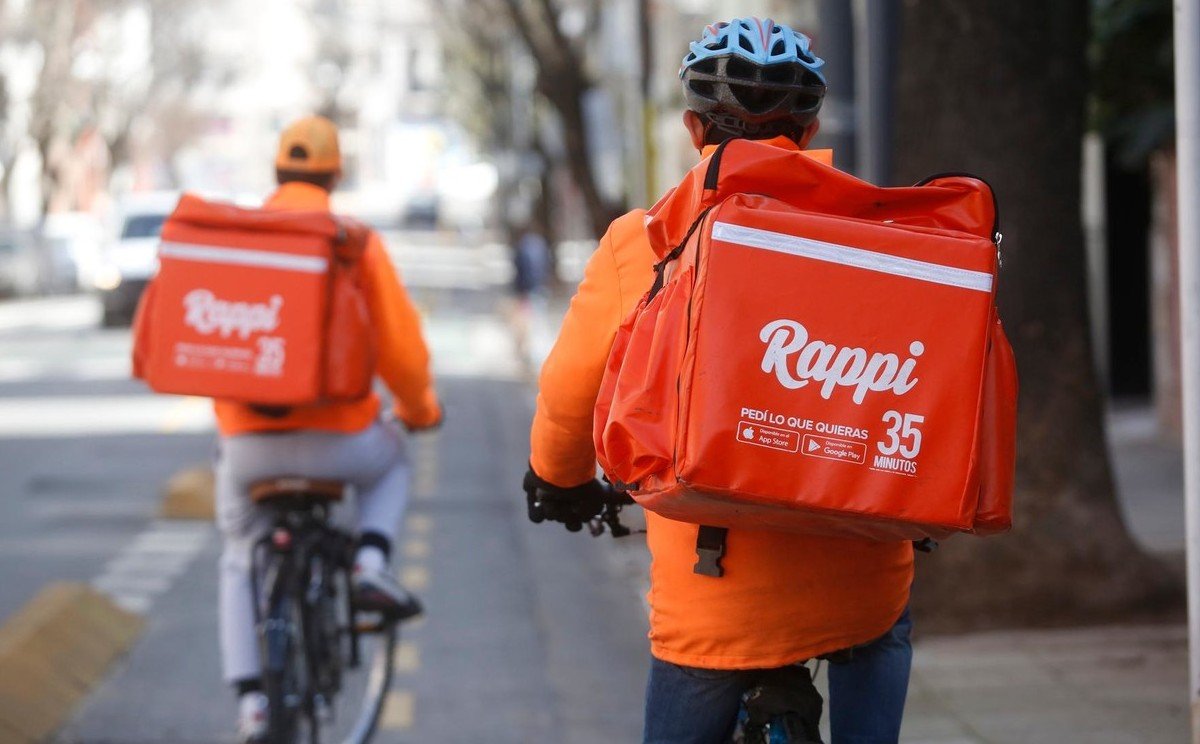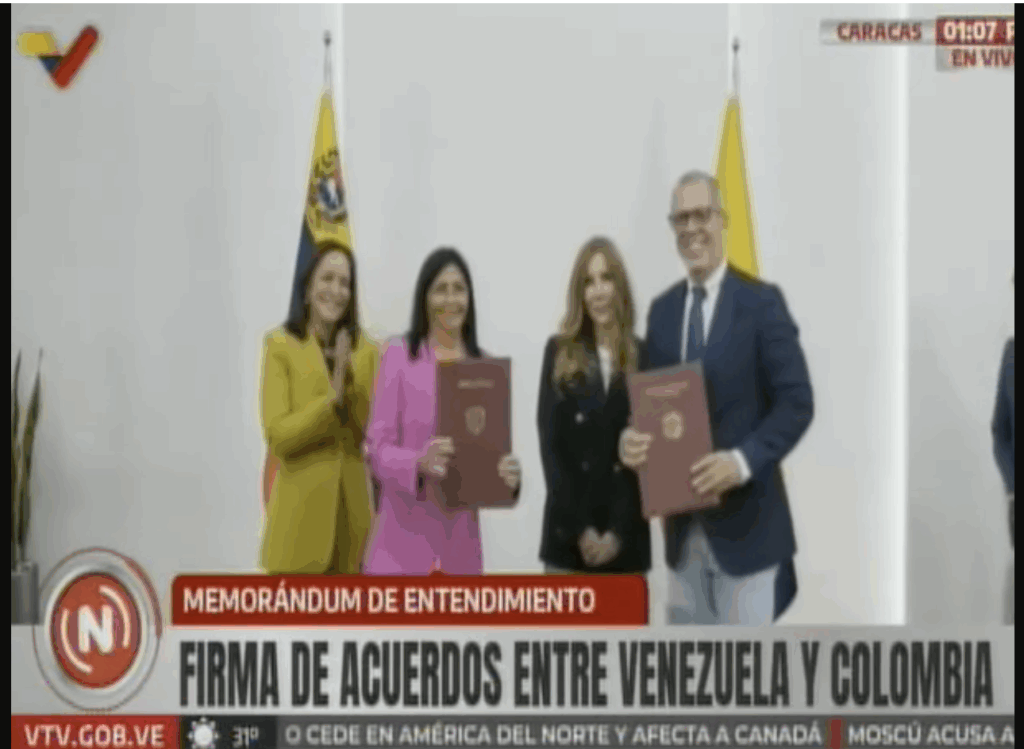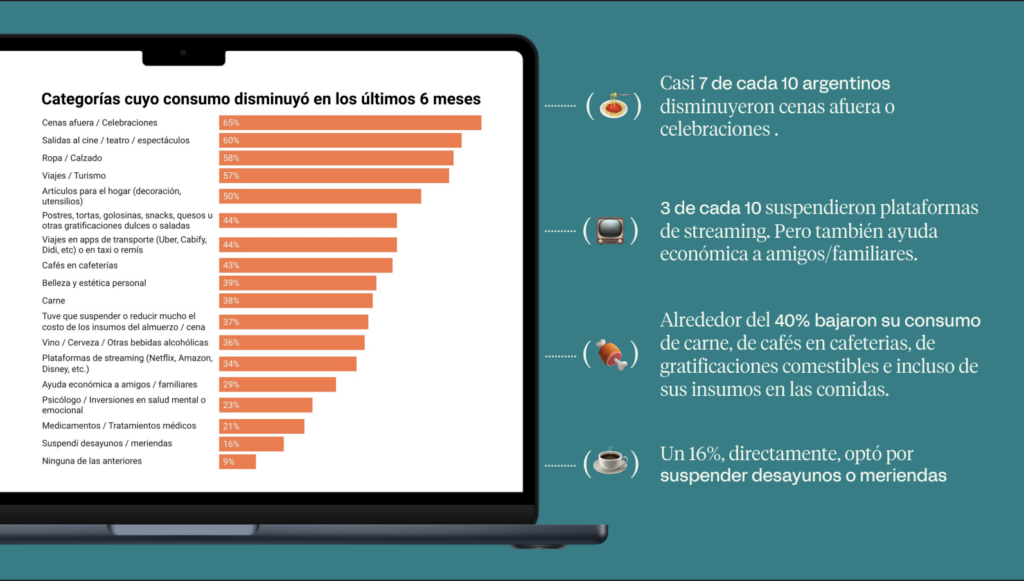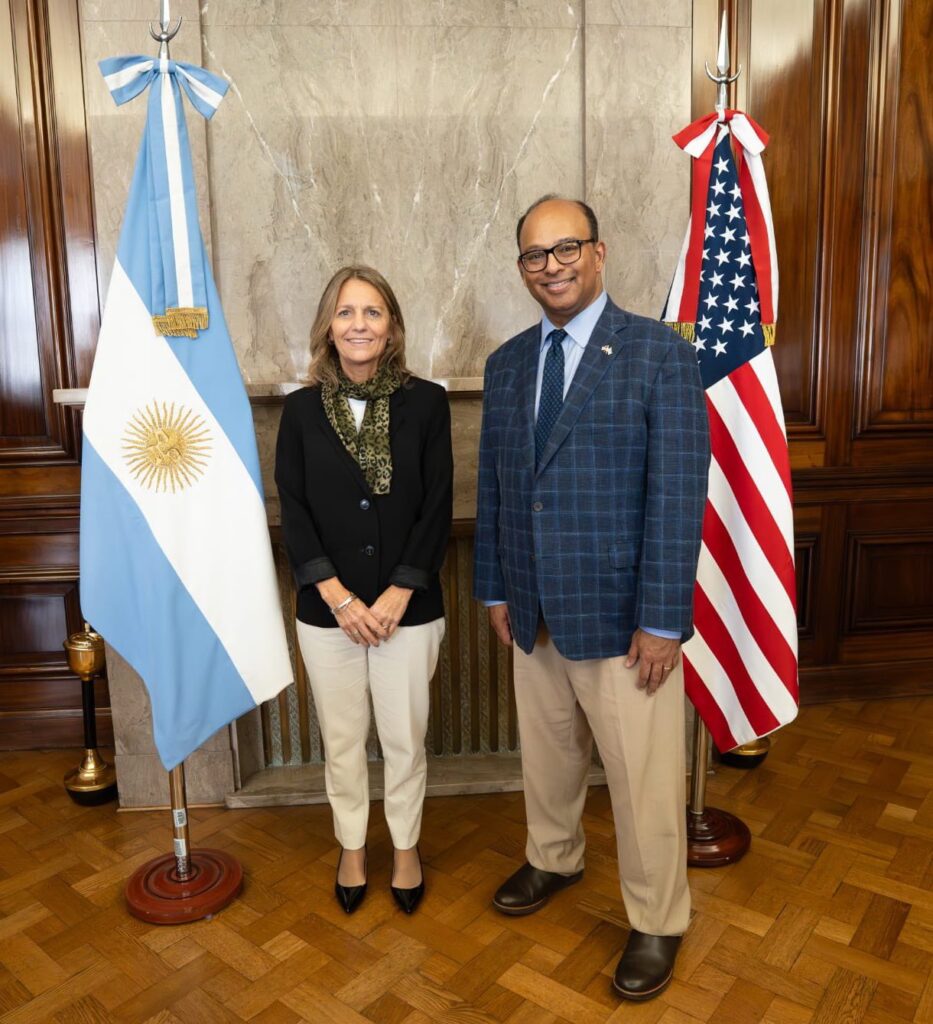Medellín, Colombia — Two separate demonstrations caused road closures across Colombia’s capital, Bogotá, on Tuesday.
The District Association of Education Workers (ADE) and Rappi delivery drivers gathered in different points of the city to protest against recently proposed education and labor policies.
Teacher protests
The first of the two protests was led by the city’s teachers, who congregated at the Bogotá Planetarium on Carrera 7 and Calle 26 and then marched to the Mayor’s Office on Calle 11 and Carrera 8.
Their aim is to show their disapproval towards the education policy being promoted by the administration of Bogotá Mayor Claudia López.

The ADE, which is affiliated with the Colombian Federation of Education Workers (Fecode), organized the protest.
They have demanded that the district promptly negotiate a list of demands that summarizes their discontent with the Secretary of Education’s management.
ADE President, Aura Daza, highlighted some of the key requests, which include “the financing of public education, addressing the deteriorating health of teachers, as well as the fate of temporary teachers who have been left without work.”
Rappi protests
The second demonstration was led by “Rappitenderos,” delivery drivers from one of the region’s largest delivery startups, who gathered at Parque Nacional before marching to Congress.
Their main demand is for the review of labor contracts in the latest labor reform from the national government. They argue that the new reform will leave more than 140,000 jobless.
Earlier this month, Labor Minister Gloria Inés Ramírez hailed this reform “the most ambitious labor reform of this century,” yet some Rappi workers are not satisfied.
The reform would require the Rappitenderos to join the company through a formalized contract in an attempt to protect their rights.
However, workers stress that they do not want their independence to be hindered. Edward Gómez, a protester, told LaFM, “We don’t have a timetable, we don’t have a boss, because for us that is beneficial, we can study, there are people who work in the morning and at night with Rappi.”
Álvaro Velasco, leader of the Rappitenderos, told Semana magazine, “We are asking for chapter 6 of the reform to be modified and the word ‘contracting’ to be removed, because we do not want any kind of employment link with any platform.”
Gustavo Petro has since responded, claiming that the Rappi workers are being fooled.
“These workers are marching by order of the employer against the reform that is going to dignify their work,” he tweeted. “It is the same as in the days when the freedom of slaves was debated. The slaveholders told their slaves that if they were freed they would starve.”
From videos posted on Twitter, it looks as if hundreds of Rappitenderos attended the protest.
In 2020, there were widespread protests against Rappi for their violations of workers rights, with thousands of workers coming out to defend themselves across the country.
Around 4pm on Tuesday, Bogotá’s Transit tweeted that protests had dispersed.











